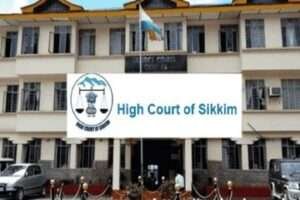When There Are Contradictory Dying Declarations, Which One To Accept? Supreme Court Answers “Difficult Question”
Case: Makhan Singh V. The State Of Haryana
Coram: Justice B.R. Gavai and Justice PS Narasimha
Case No.: Criminal Appeal No. 1290 Of 2010
Court Observation: “In the present case, we are faced with two dying declarations, which are totally inconsistent and contradictory to each other. Both are recorded by Judicial Magistrates. A difficult question that we have to answer is which one of the dying declarations is to be believed”.
“Apart from that, it is to be noted that on the basis of very same evidence, the trial court, by giving benefit of doubt, has acquitted the father and mother of the appellant. In that view of the matter, conviction of the appellant on the very same evidence, in our view, was improper…The benefit of doubt which has been given to the other accused by the trial court, ought to have been equally given to the present appellant when the evidence was totally identical against all the three accused.”
Previous Posts
Deep Appreciation Of Facts Not Required At Stage Of Framing Charges: J&K&L High Court
Tripura High Court Grants Judicial Separation To Old Couple On Humanitarian Grounds
Orissa High Court Upholds ‘Life Term’ Of Murder Convict 18 Yrs After Enlarging Him On Bail
Keywords
Contradictory Dying Declarations, Supreme Court, Daily Judgement




